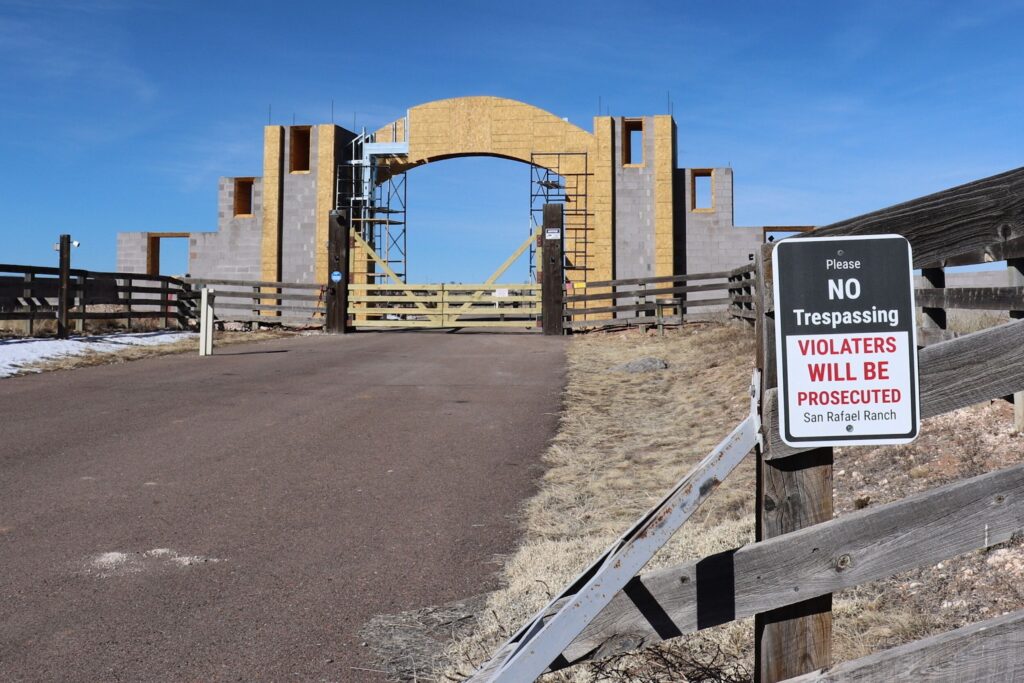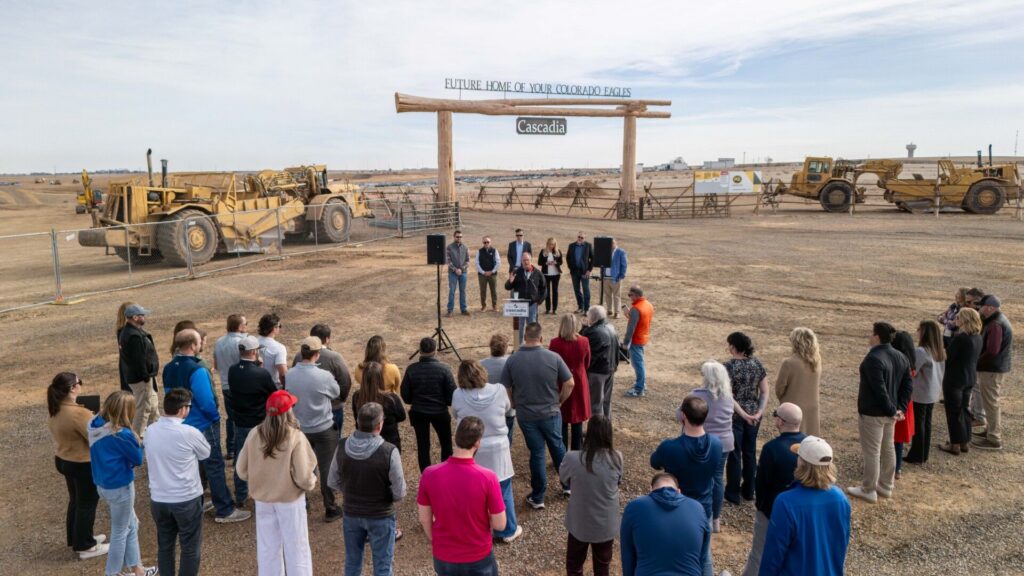Colorado construction defect housing effort similar to past attempts that ended in failure
The old adage goes, “If all you have is a hammer, everything looks like a nail.”
As the state’s construction defect reform battle wages on, the question is can stakeholders stop looking for problems and accept an assortment of tools to get the job done?
The most significant test has taken shape as a centerpiece proposal in the Colorado legislature that would require arbitration or mediation before filing a lawsuit over allegations of shoddy homebuilder construction.
The measure, Senate Bill 156, is nearly identical to discussions last year that were part of a failed attempt to curb defect lawsuits. Lawmakers have been working on the topic in an effort to spur housing development.
Homeowners and developers found themselves so at odds last year that discussions fell apart and legislation was never introduced. The year before, legislative efforts, including requiring mediation, failed.
The lack of progress has been the narrative for years.
But Sen. Owen Hill, R-Colorado Springs, who is sponsoring the alternative dispute resolution bill this year, said there is a different feel to the negotiations.
“Everyone you talk to wants to solve this problem. That’s why I continue to be optimistic,” Hill said.
The issue certainly has bipartisan will to reach a solution. Legislative leaders on both sides of the aisle, and Gov. John Hickenlooper, a Democrat, have essentially issued a mandate to reach a solution.
House Speaker Crisanta Duran, D-Denver, and Senate President Kevin Grantham, R-Cañon City, are co-sponsoring a separate bill that aims at equitably dividing litigation defense costs. Senate Bill 45 has the potential to lower insurance rates, which would decrease costs for developers, potentially spurring development.
But developers and their allies in the business world say that bill alone would do little to solve the problem. It might be a bipartisan win for legislative leaders, but not necessarily for the people of Colorado.
Another defect bill, Senate Bill 155, was introduced on Friday, which would define a “construction defect” in state statute.
Duran has already expressed concerns with limiting a homeowners’ right to sue. She stopped short of saying that alternative dispute resolution is off the table, but she didn’t express confidence that it would get to the “heart” of the problem.
“I am not convinced at this point that that is going to drive down insurance rates,” Duran said.
In addition to requiring alternative dispute resolution, Senate Bill 156 also would require a homeowners association to obtain written approval from a majority of unit owners in order to move forward with a suit.
Associations also would have to give notice to members of an intent to sue, along with disclosures around the estimated cost of a lawsuit.
Hill said it is important to have majority approval because some homeowners might find themselves in a bind as a result of a lawsuit, which could block the ability to sell or refinance a home.
“The only reason for this not to go through would be there are some folks who are genuinely more interested in a tiny minority of special interests than in the vast majority of their constituents,” Hill said of the appetite in the legislature to pass the proposal.
As for stakeholders who object to the measure, Hill added, “Sadly, they want to preserve this little idea of their power and their control rather than the people they’re supposed to represent.”
Homeowners groups have already expressed concerns with the bill. They had hoped the insurance measure would have been the only bill in the defect reform effort this year.
For homeowners, the debate this year is déjà vu. They argue that forced arbitration never favors the consumer and that there are so many hoops to jump through in a forced alternative dispute resolution process that homeowners would rarely get to court.
Some also argue that connecting the issue to affordable housing is a stretch, as development is usually driven by market forces. Many millennials entered the workforce in one of the worst economic downturns in memory, so it has taken them longer to afford and attain housing.
“We’re disappointed that homeowners weren’t included in drafting this bill. On first reading, it looks like previous proposals that would erode consumer protections – nevertheless, we are hopeful we ultimately work out a solution that preserves homeowner rights,” said Jonathan Harris, president of Build Our Homes Right.
Hill’s legislation attempts to address some homeowner concerns by requiring a mutually agreed-upon mediator. Parties also could ask the courts to appoint a mediator. The bill also requires discussions to take place at a mutually agreeable location within the judicial district in which the property is located.
The Homeownership Opportunity Alliance, a dueling coalition that includes business leaders, builders and local elected officials, said Senate Bill 156 is “aimed at increasing diverse housing options for young professionals, seniors, first-time homebuyers and individuals who want to live and work near light rail and transit stations.”
“The time has come for our legislature to put aside partisan politics and lead on this issue. Homeownership is a pathway out of poverty, and every citizen in Colorado should be afforded that opportunity,” said Sara Reynolds, executive director of Housing Colorado, an organization that focuses on affordable housing issues.
“While there is no silver bullet fix to the growing problem of affordability within our state, current laws have made ensuring for-sale affordable housing impossible. SB 156 is a step in the right direction to ensure housing opportunities for all Coloradans.”










